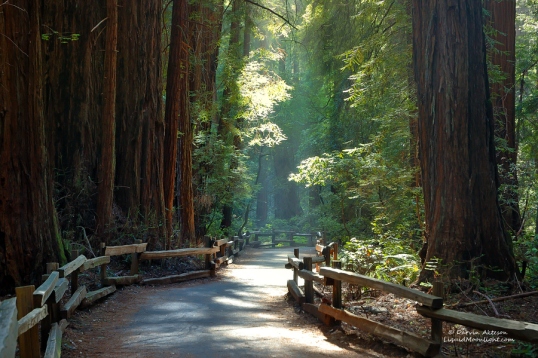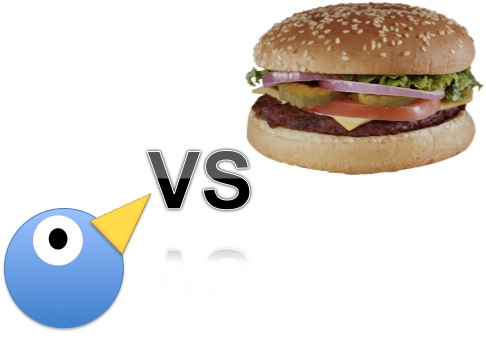“Communal Sex: Or, Why Your Neighbor Has Any Business Asking You What You Did Last Night”
November 19, 2012 3 Comments
In contemporary society, sex is public–moms go on talk shows and confess to sleeping with their daughters’ boyfriends, Calvin Klein models expose their body parts in magazine ads. But if sex is public, it is not communal. Americans consider sex a fine topic of public disclosure but we insist that sex is also private, nobody’s business but mine and the person with whom I’m doing it. I can show you my midriff in public, and I can make out with my boyfriend on a park bench, but there is no communal grammar that allows you to talk to me about this body I am exposing in front of you. (Lauren Winner, Real Sex, p. 47)
It’s an interesting phenomenon, isn’t it? Keep your nose out of my bedroom, unless I choose to broadcast it on Dr. Phil. I can decide to tell the world about my sex life, but if you ask me about it out of genuine care or concern you have become the definition of foot-in-mouth disease. On the one hand, I can’t ask a close friend if all is well in his sex life without fear of faux pas. On the other hand, the very public fascination with the affair of General Petraeus has far exceeded is newsworthiness.
I wonder if our public fascination with sex stems in part from Read more of this post







